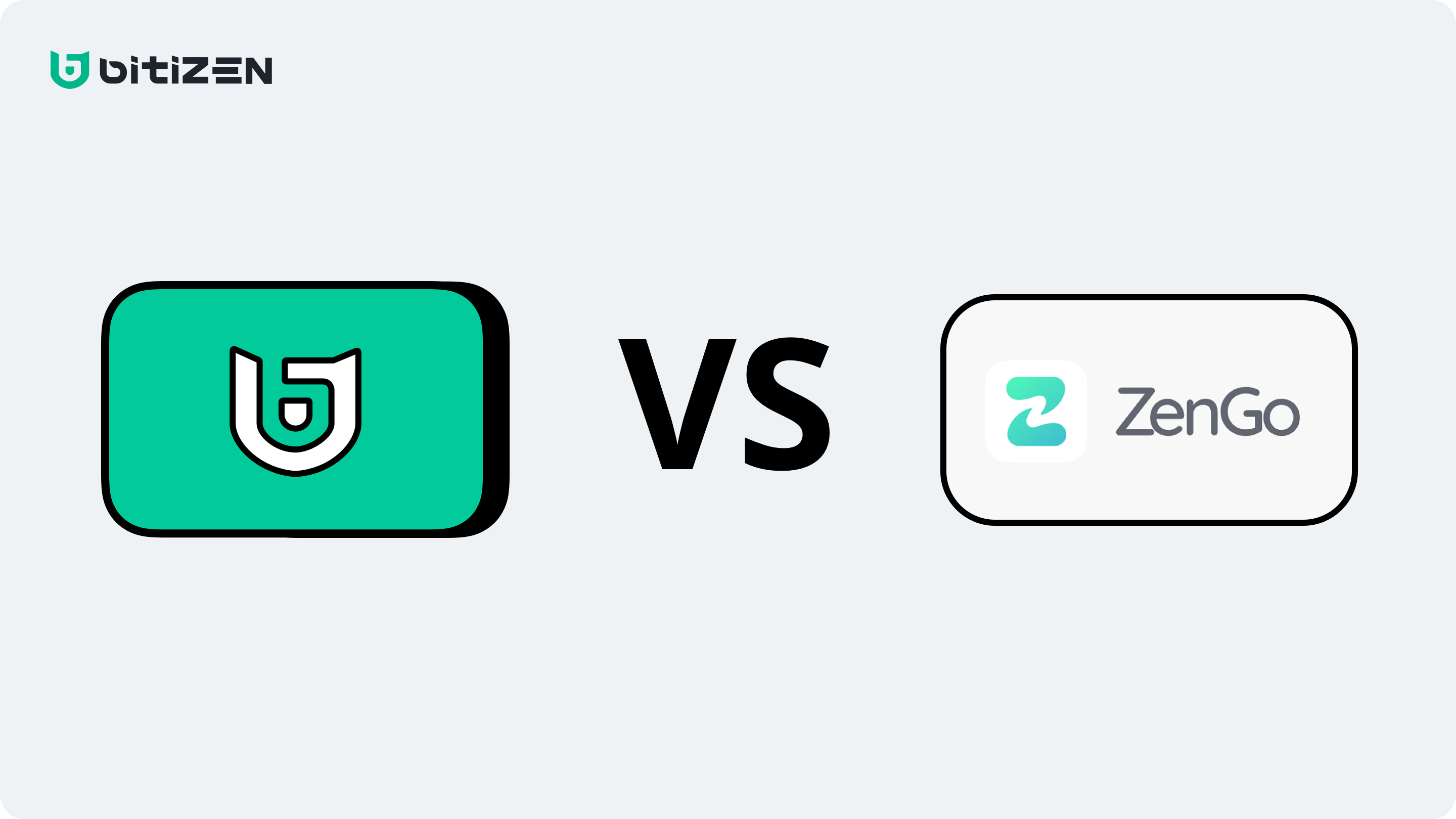Bitizen vs. ZenGo (MPC-based wallets)
Comparing the most advanced MPC-based wallets

Both ZenGo and Bitizen are keyless and seedless wallets based on MPC-TSS technology. Both generate independent key shares distributed among several parties, which later cooperate to compute a transaction signature. Also, both ZenGo and Bitizen use a 3FA security solution instead of seed phrase for backup and recovery.
However, we found out that the user must connect to the ZenGo server and to ask its permission to compute the signature with both user’s and ZenGo’s key shares. ZenGo doesn’t have access to the user funds, but still, without ZenGo’s key share, the user can’t sign his transaction, this is why we call it a Semi-custodial wallet.
Similar to other centralized off-chain wallets and exchanges, ZenGo can technically decline approving user’s transactions for any reason, that’s why we can consider ZenGo as not a censorship-resistant wallet.
With Bitizen wallet, a user can choose if he wants to co-sign with the Bitizen server in a semi-custodial mode, or to connect his second device and according to the 2 out of 3 Threshold Signature scheme (TSS), co-sign a transaction
by himself, without addressing Bitizen server at all.By choosing the second option, the user is setting the non-custodial mode and achieving full censorship resistance, as he doesn’t need to rely on Bitizen or any other third party.